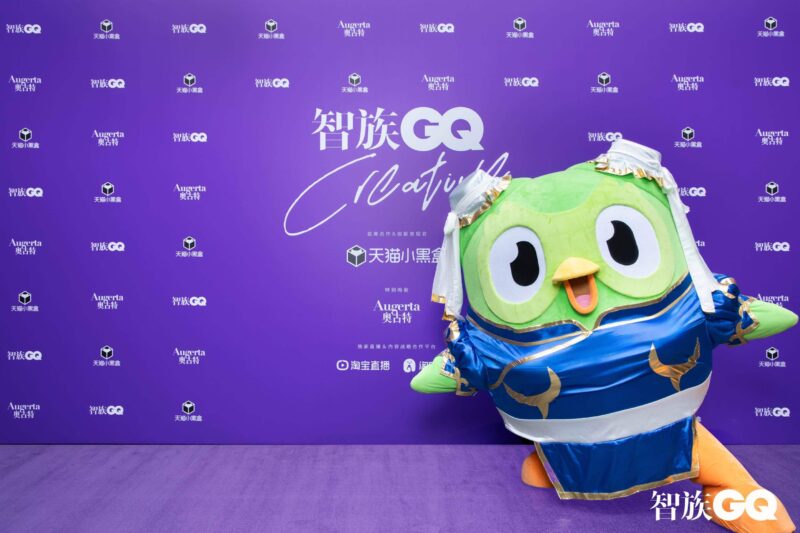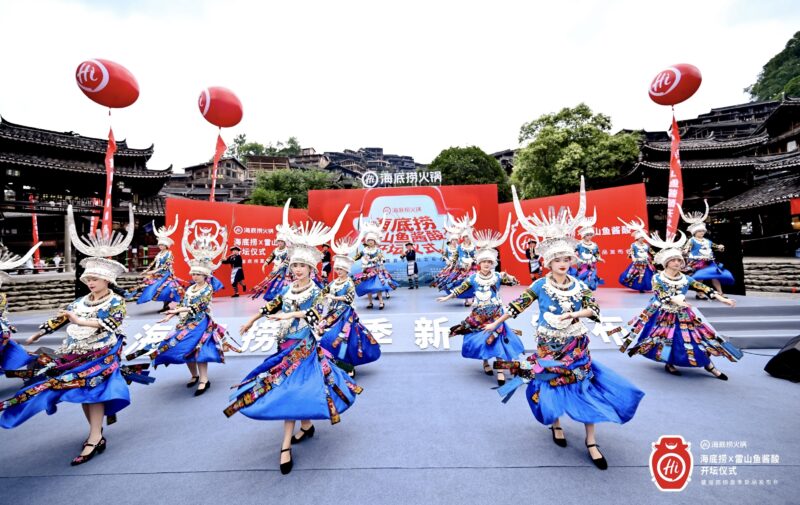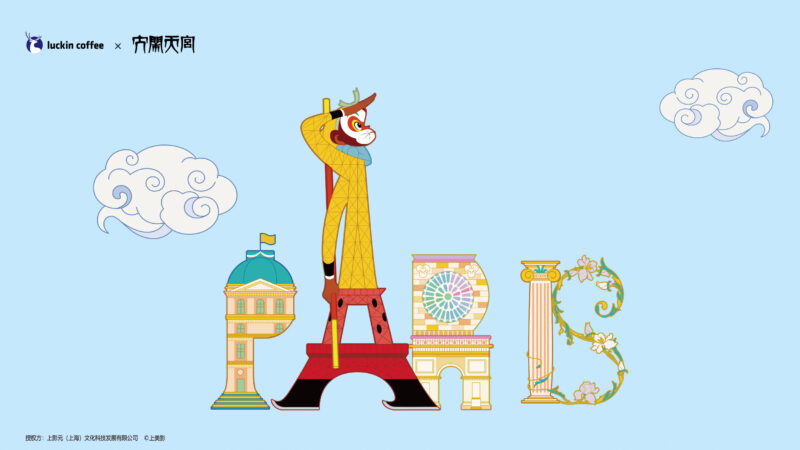On 5 July, Rishi Sunak was ousted as Prime Minister of the United Kingdom, bringing the Conservative Party’s 14-year rule to an end. Number 10 Downing Street is set for a new resident, Labour leader Sir Keir Starmer. In the historic election, Labour won 412 of the 650 seats in the UK Parliament, resulting in a super majority while the Tories suffered an equally historical defeat, clinging on to a mere 121 seats.
The question is, of course, how was this historic moment perceived in China? Officially, the spokesperson of the Chinese Ministry of Foreign Affairs Mao Ning commented that a stable and mutually beneficial relationship is in the interest of both peoples and that “China hopes to work with the UK to advance China-UK relations along the right track based on mutual respect and win-win cooperation”.
On Weibo, China’s Twitter-like platform, topics such as “Starmer set to become UK Prime Minister” (#斯塔默将成英国新首相#) and “Who is this Starmer set to become new UK PM” (#即将成为英国新首相的斯塔默是谁#) topped the Hot Search list with 58.89 million and 51.82 million views, respectively. Several other topics ranked on the list as well. Interestingly, a recurring comment on these posts is the joke of confusing Starmer (斯塔默) and Tastien (塔斯汀), the Chinese hamburger chain because the names share two characters “斯” (si) and “塔” (ta), albeit in different order.
Many of the posts try to explain Starmer’s past comments on UK-China relations and what a Labour government can mean for China. Especially whether he will reverse Sunak’s designating China as a “threat” and “epoch-defining” challenge, and follow Blinken’s “competitive when it should be, collaborative when it can be” to “responsibly manage” the competition like the allies across the pond. However, to many, following the US is a foregone conclusion as many see the UK as a vassal state of the United States, an impression since the Bush-Blair days. And of course, like many, making fun of the revolving door of No 10 is probably the most prevalent reaction to the latest development.









